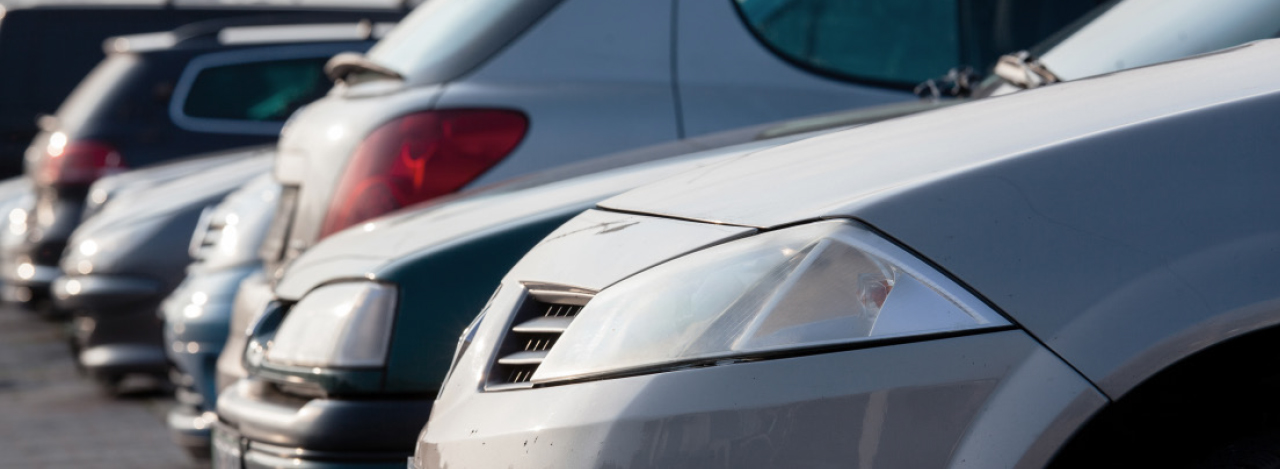5 mistakes people make when buying used cars
Buying a pre-owned car is usually a better investment than buying one new, since new cars lose about 25% of their retail value as soon as they leave the showroom. The prospective buyer needs to be wary, however, especially when buying a used car privately. Buying a "lemon" (a 'dud' car) can end up costing you tens of thousands of rands in repairs and hours of time in inconvenience, indirectly costing you more money than you saved.
Here are 5 mistakes people tend to make when shopping for pre-owned cars privately.
1. Getting hooked
Don't get hooked by the seller: You are buying a car, not a relationship with a person. It's not important whether you like them or not, it's important that the car is in good nick. Talking casually with the previous owner is good and can help you understand how the car has been used, but don't base your decision on your "gut-feel" of the person.
Likewise, cars can enchant and charm as well as people do. Liking your car is important, but, at the end of the day, it is a tool. You'll like it far less when you're stranded on the side of the highway. If you find that you "want" the charming little Beetle or that sexy, red Z3, step back for a second and think about the practical aspects.
2. Searching only for cars nearby
If you live near the centre of a city, cars from further away might have a high figure on the odometer, but they probably haven't seen as much damaging stop-start traffic as city cars have. They are also less likely to have been in accidents and are likely to receive fewer offers than cars sold within the city, so you should be able to negotiate on price.
3. Doing maths in your head
It is easy to underestimate vague extra costs when working things out in your head. Increased cost of petrol, many minor repairs, check ups, a new battery and set of wheels can often end up making your fixer-upper cost more than another deal. Write down and add up the actual costs on paper. Seemingly small details can be important. Consider if the car is still in production. This determines the price and availability of spare parts and service.
4. Not insisting on the paperwork and "Book of life"
A well maintained car should have a service and mileage log book. This will show you if the car has been regularly serviced, how much and how regularly it has been driven and what the expected fuel consumption should be. Rapid changes in fuel consumption can also indicate some mechanical problems with the car.
5. Not getting the car inspected
Before buying, or as a condition of purchase, organise for a car to get inspected by a mechanic. This can be done by the AA or one of the many other companies that provide it. It'll cost you a bit of money, but a lot less than a bad purchase would.
If you would like information regarding used car insurance or would like to request a quote, please visit our website.
